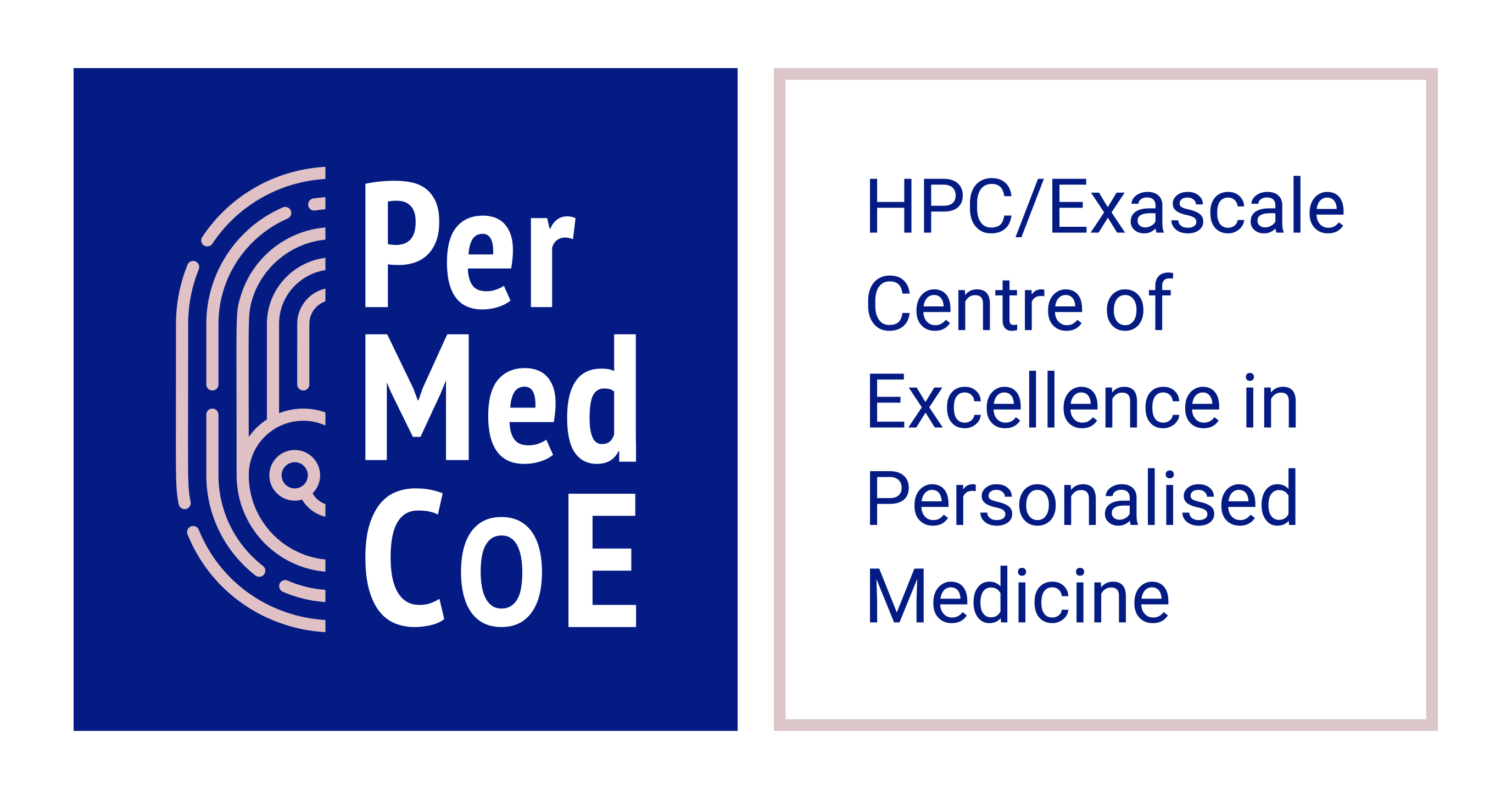Training materials
-
Video
Model Creation using COPASI
• beginnerSimulation experiment Modelling and simulation Visualisation SystemsBiology ComputationalBiology Computational modelling modeling Biomodelling Model Kinetic modeling COPASI -
Tutorial
Tutorials on COBREXA
 •• intermediatePersonalised medicine Simulation experiment Modelling and simulation cell-level simulations Biomodelling HPC
•• intermediatePersonalised medicine Simulation experiment Modelling and simulation cell-level simulations Biomodelling HPC -
Tutorial
Tutorial on CellNOpt
 •• intermediatePersonalised medicine Simulation experiment Molecular interactions, pathways and networks Transcription factors and regulatory sites Modelling and simulation HPC Biomodelling Signalling
•• intermediatePersonalised medicine Simulation experiment Molecular interactions, pathways and networks Transcription factors and regulatory sites Modelling and simulation HPC Biomodelling Signalling -
Documentation
BioSimulations tutorial and help
•• intermediateComputational biology Systems biology Simulation experiment Visualisation Modelling and simulation SystemsBiology ComputationalBiology Computational modelling Modeling Biomodelling Model Kinetic modeling SED-ML COMBINE -
Tutorial
Constraint-based reconstruction and analysis toolbox tutorials
Biomodelling